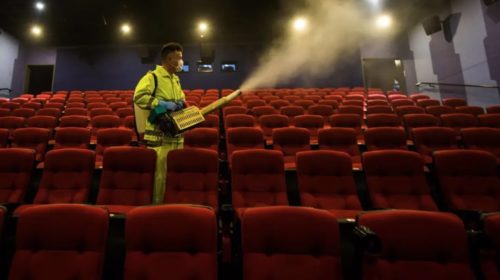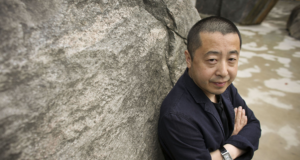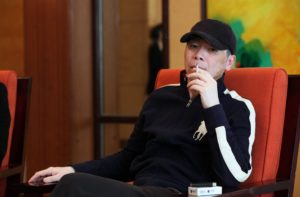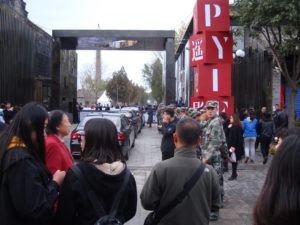Chinese filmmaker Jia Zhangke bows out of Pingyao film festival, sparking speculation about government interference
The Pingyao International Film Festival (PYIFF) — often touted as “China’s Sundance” — has lost its most valuable asset, Jiǎ Zhāngkē 贾樟柯, the Chinese film director who had been at the helm of the event since he co-created it in 2017.
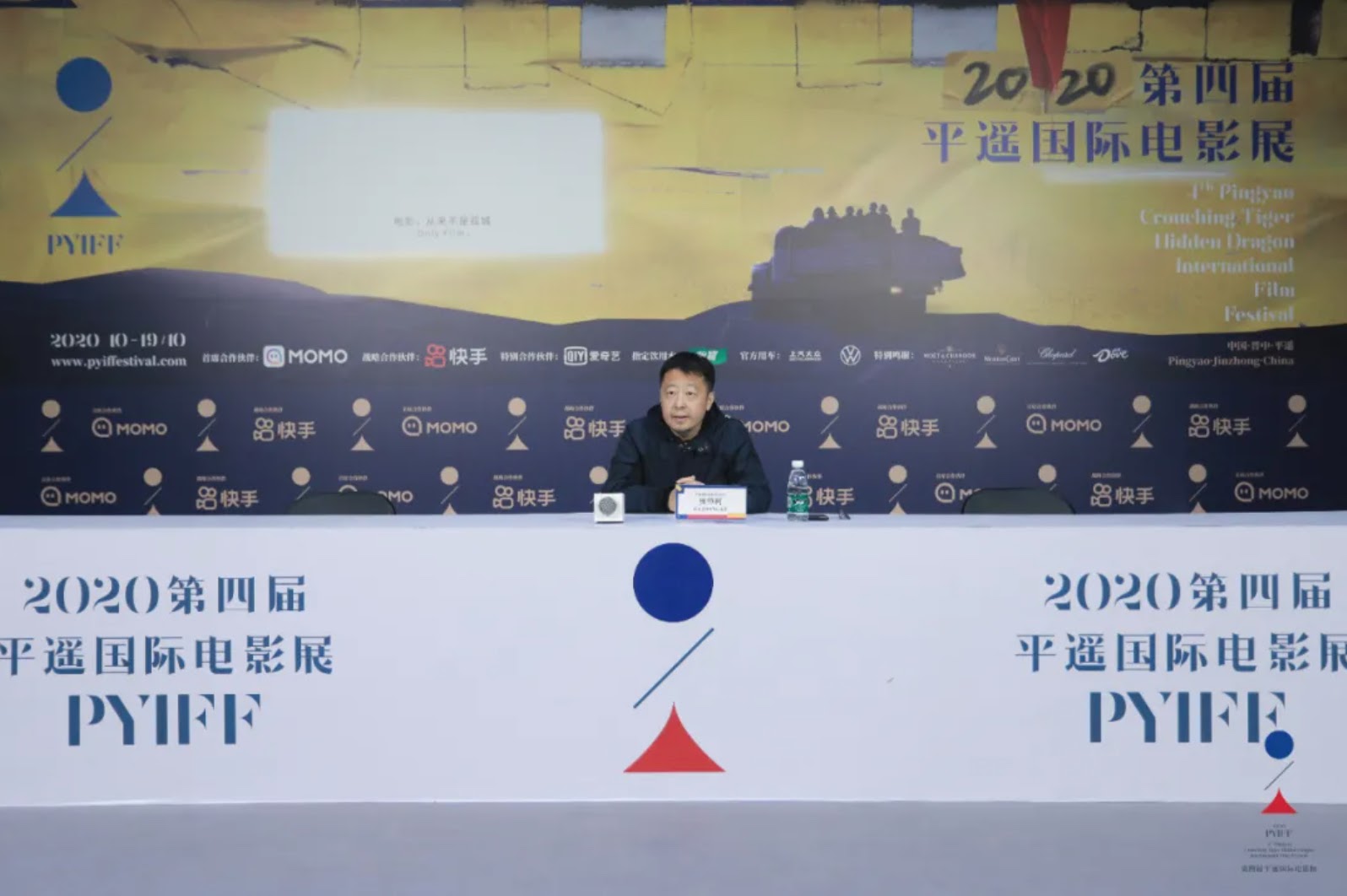
The Pingyao International Film Festival (PYIFF) — often touted as “China’s Sundance” — has lost its most valuable asset, Jiǎ Zhāngkē 贾樟柯, the Chinese film director who had been at the helm of the event since he co-created it in 2017.
In a surprise announcement made on October 18, the closing day of the festival’s fourth year, Jia revealed that he decided to leave sooner than planned so that Pingyao could “get rid of Jia Zhangke’s shadow” and “gain the independent vitality that it urgently needed.”
“The longevity of a film festival relies on hard work by generation after generation of people. It doesn’t belong to an individual. The mechanism does not vanish with one person’s departure,” Jia said (in Chinese) at the press conference.
During Pingyao’s existence to date, the festival never “used a penny of the government’s money,” Jia added. “All we had were resources from the private sector. We’ve successfully built a brand for it.”
While explaining his vision for Pingyao without his involvement, Jia noted that he wished to see the festival continue its support for domestic films. Jia also said that he would like to participate in future Pingyao events as an audience member. “Spiritually, my team and I will always be here for Pingyao,” he said.
According to journalists in attendance (in Chinese), Jia’s decision was “totally unexpected.” Among those who were kept in the dark were Chinese social media giant Momo, the main sponsor of the festival, and Beijing Wishart Entertainment, which was responsible for the event’s marketing efforts.
While rumors circulated that the local government of Pingyao, a tiny ancient city located in Shanxi Province, would take over the operation, local officials seemed to be in dark. In an interview with China Philanthropist magazine, a spokesperson for Pingyao’s publicity office said (in Chinese) that Jia had not informed the local government about his decision before the announcement, and that it remains still unclear how the film festival will develop after his departure.
PYIFF was originally organized by Chinese auteur and international art house favorite Jia Zhangke, with former Venice festival head Marco Muller as art director. Held in the ancient city of Pingyao, which happens to be adjacent to Jia’s hometown Fenyang, the festival’s core missions have been to “promote the work of young Chinese directors…strengthen links between Chinese cinema and the cinema of non-Western countries [and] become a professional showcase for exceptional films.”
Over the years, by providing a rare window through which Chinese audiences could watch domestic and foreign art house films, PYIFF has carved out a unique space in the country’s movie business. This year, 23 movies — almost half of the festival’s lineup — had their world premieres at PYIFF.
The festival also served as a crucial boost to Pingyao’s local economy. In 2018, the remote town attracted 260,000 visitors when the festival was being held. In 2019, it was listed by the Chinese Ministry of Culture and Tourism as a “demonstration area” for tourists due to its cinematic appeal.
Jia’s sudden withdrawal from the festival has been met with bitterness by movie industry professionals and film lovers in China. It also has sparked public curiosity about the cause of his decision. Some speculated that Jia was forced to quit under pressure from Chinese film regulators, who were unhappy about a few movies shown at the festival this year that had not received official approval. Others speculated that Jia and the Pingyao government were having a dispute about the future direction of PYIFF, and that Jia’s departure was a gesture of defiance.


